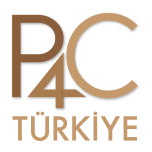Philosophy for Companies
Nowadays, in many institutions, employees’ level of responses to expectations are followed by performance evaluation systems. The competencies that form a significant part of these systems are monitored and followed by looking at the results and behaviors of the employee.







